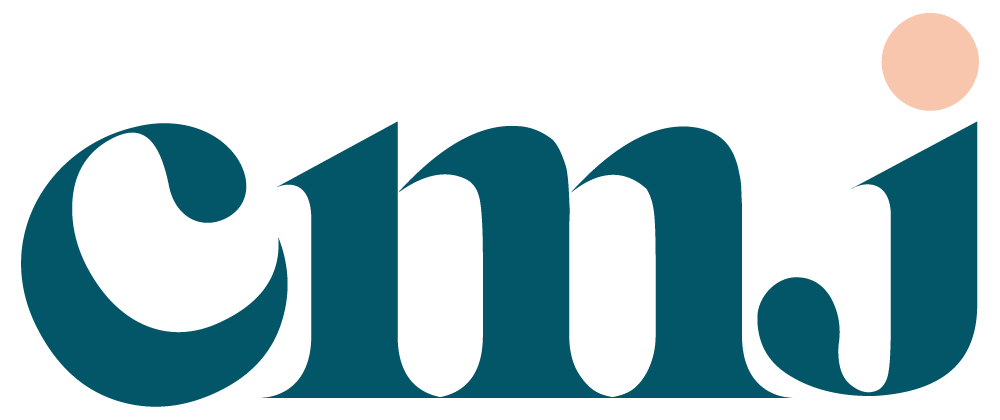The Art of Gathering: How Exclusivity Can Serve Our Communities (And Birthday Parties)
My birthday was last week. 👸🏼 I'm not mentioning that because I’m hoping you will send me belated birthday GIFs of puppies (even though those are awesome and I will take them). I'm bringing it up because birthdays are almost-universal events we gather round in communities, and I generally suck at celebrating my own.
When you gather people professionally, doing it in your personal life can feel like a chore. That's been the case for me for many years. I don’t think I’m alone in this, right?
Then this year, something happened. I picked up Priya Parker's The Art of Gathering. In it, she says that all great gatherings have a profound purpose beyond just being a category (i.e., birthday party, offsite retreat, daily standup meeting). You can use any kind of gathering to fuel a meaningful purpose. I mean, of course, but I never put this into my own personal terms. When I put my own birthday in this context, it suddenly felt just as worth celebrating as any other milestone in any community I’ve ever built.
For my birthday gathering this year, for instance, I decided my purpose would be to share gratitude and silly, light fun with those who've helped me navigate a heavy year of ups and downs. That sharpened goal meant that I didn't invite some of the people whom I'd fallen out of touch with, but who would usually get an invite. "The more, the merrier" rule does not apply to this purpose. It also means we will watch The Craft and Empire Records while we eat pizza.
As Priya Parker says: "You will have begun to gather with purpose when you learn to exclude with purpose. Over-inclusion is a symptom of deeper problems -- above all, a confusion about why you are gathering and a lack of commitment to your purpose and your guests."
So I'm keeping my birthday party small. I’m not going to treat it as a chore. And I'm helping a few of my clients put deliberate community exclusion into practice too.
I'm looking forward to another year of learning and deepening connections with friends and readers like you.
In my last newsletter, I explored how gamification works for building a sense of community (not just getting people to do things for you). You can read that here.
In response, I had a broader conversation with Thibaud Jobert from CodinGame, who builds community around developers learning to code. In his words, "each coding exercise is a game in itself. Then, on top of that, we have a gamification system with ranking points, experience points, achievements, etc. Weirdly enough, it's the competition (points, coding contests) that foster the most social connection inside the community... I know competition in itself can have negative effects on a group of people and exclude some of them, but it can have positive effects too."
His former colleague Charlotte Cavalier, created this presentation on gamification which illuminates the kinds of communities best served by gamification.
Interested in learning more? Give Thibaud a follow on Twitter.
*A vital point I missed: rewards are different from incentives. Incentives are meant to motivate action. Rewards are meant to acknowledge an action already taken. Rewards > Incentives. If you reward to recognize contribution to a community, you can "gamify" community contribution to positive effect.

